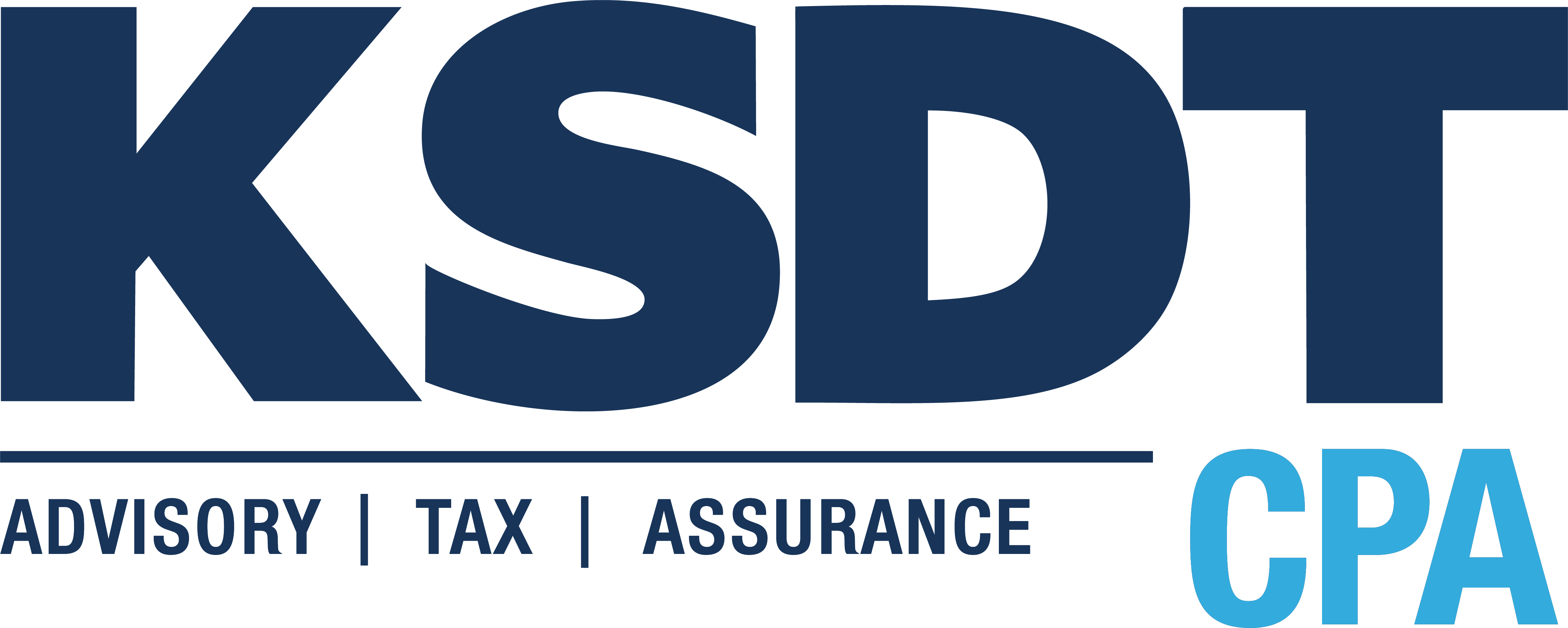Gift Tax Compliance in 2023: What You Need to Know
As the calendar pages turn, it’s crucial to remember not just the traditional tax deadlines but also those pertaining to gift taxes—a segment of tax planning that can often go overlooked. For individuals who have generously shared their wealth with family members in 2023, it’s time to mark your calendars: April 15 is not only the cut-off for filing your income tax return but also for submitting any due gift tax returns.
The April 15 Deadline: A Double-Edged Sword
This date serves a dual purpose: it’s the final day for both settling your 2023 income taxes and submitting gift tax returns for wealth transfers made in the previous year. If this deadline seems too tight, there’s relief in the form of an extension, pushing your gift tax return due date to October 15, provided you apply in time.
Understanding When to File
Navigating the need for a gift tax return (Form 709) begins with understanding the thresholds set by the IRS. For 2023, gifts exceeding $17,000 per individual necessitate filing a return, a figure that adjusts to $18,000 for 2024. This includes specific provisions for gifts to a non-citizen spouse, with exclusions of $175,000 for 2023 and $185,000 for 2024.
Certain transfers, like those to trusts for a beneficiary’s future benefit or gift-splitting between spouses, demand a return regardless of amount. However, crossing these thresholds doesn’t automatically imply a tax liability. Taxes are only a concern if your lifetime gifts surpass the substantial exemption cap, set at $12.92 million for 2023 and increasing to $13.61 million in 2024.
Exemptions from Filing
Not all generous acts trigger the need for a return. Exclusions include:
- Direct payments for someone’s education or medical bills,
- Gifts within the annual exclusion limits,
- Outright gifts to a U.S. citizen spouse, and
- Charitable donations, unless coupled with other reportable transfers.
In situations involving less tangible assets, like art or family business interests, proactively filing a return might be wise. This step can cap the IRS’s window to question asset valuations to three years post-filing.
Beyond Gifts: Reporting Non-Gift Transactions
Interestingly, Form 709 may also serve to document transactions not traditionally viewed as gifts, such as sales of assets to family members. This documentation can be a strategic move to prevent future IRS disputes over asset values.
Seeking Expert Guidance
The labyrinth of estate and gift tax regulations underscores the value of professional advice. For those uncertain about their filing obligations or seeking to navigate the complexities of gift tax planning, seeking expert assistance is a prudent step.
Let Us Assist You
As you prepare for this tax season, remember the dual deadlines of April 15 and consider whether you’ve engaged in any transactions that might necessitate a gift tax return. For those who’ve embarked on significant wealth transfers last year, now is the time to assess your obligations. Don’t hesitate to reach out for guidance on ensuring compliance and optimizing your tax strategy.
How Can We Help?
Call or email our team today
KSDT CPA is ready to navigate the process with you. Fill out the form below and our team will contact you shortly.


